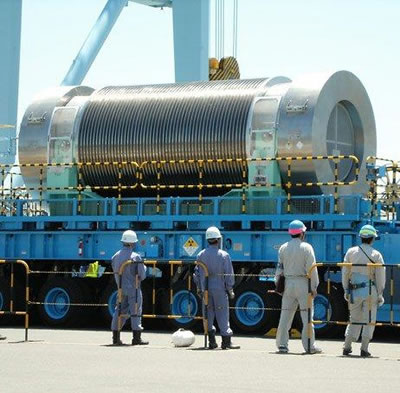
Japan, 2006, 102 min, English
Latin American Premiere
The film sets in Rokkashomura in the northern part of Japan, where they have built a nuclear reprocessing fuel plant in 2004. This fuel reprocessing plant is for recycling nuclear power by removing plutonium from used nuclear power fuel. This film shows the various lives of the people that live in Rokkashomura and how they are living with the new nuclear reprocessing plant. A lady in the village pursues her activism in order to stop the reprocessing plant. She grows tulips to help raise awareness of what Rokkashomura still has to offer. She even held a farmers market and told each customer "these maybe the last organic plants you can buy without any radiation". This fuel reprocessing plant has divided Rokkashomura into people for and against the building and usage of the plant.
Special Achievement Award
for its delicate handling of the monstrous technological nightmare of the 21-billion-dollar Rokkasho Spent Nuclear Fuel Reprocessing Plant built in a fishing/farming community in northern Japan. One woman, director Hitomi Kamanaka, has schooled herself on the nature of the threat and tirelessly conveys her concerns to her neighbors. She also grows tulips and organic vegetables, cheerful symbols of an unpoisoned life. At the end, the reprocessing plant prevails. In the film's heart-breaking final moment Hitomi tells us that she has decided to remain in Rokkasho. By now we know that this rarest of humans, the laughing activist, has resigned herself to life in a land of never-ending radioactive fallout.
Hiromi Kamanaka's journey has been valiant, and along the way she leavens the horror with certain timeless truths: "Reprocessing and Farming Cannot Coexist. In This There Can Be No Neutrality: You are Either For it or Against it."
Against Insuperable Odds, Do Not Give Up.
Robert del Tredici




